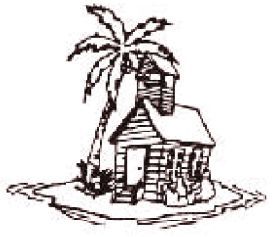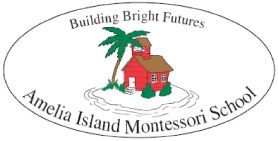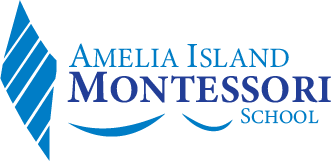History
A Brief History of Our School
Established in
1973, what originally began as a small creative play center housed in a trailer on an empty lot, Amelia Island Montessori School (AIMS) has a long and successful history of providing high-quality Montessori education.

The Montessori philosophy and pedagogy was brought to Amelia Island by the Sea Pines Plantation of Hilton Head so that families transferring to this location could continue their pursuit of a Montessori education.

The Board of Trustees, which consisted of parent volunteers, decided that a permanent structure and location must be found, prompting a donation of a two-story office building on Amelia Island Parkway. In June 1981, AIMS moved to its present location.

In 1983, AIMS grew from one Primary classroom (ages 3-6 years) to two classrooms. An after-school program was also instituted that year. In December 1984, the School received its first foundation donation. Annual gifts by this anonymous foundation opened the way for further grade level expansion. A Toddler program (ages 18 months - 3 years) opened in 1984 and an Elementary program (ages 6 - 9 years) was established in 1987. In June 1995, ground was broken for a new Elementary building and two months later, its doors opened. In August 1997, the Upper Elementary classroom (ages 9 - 12 years) opened, and in February 2014, AIMS piloted a Middle School program (ages 12 - 15 years).

Responding to the needs of the local community, AIMS currently serves children ages 18 months - 12 years. In our 51st year, AIMS continues to strengthen and expand its program offerings, and is proud to be the only independent, non-secular, child-centered educational institution in Nassau County and surrounding areas.
Amelia Island Montessori School is a 501(c)(3) non-profit organization, incorporated as “Island Education, Inc.” AIMS is accredited by the American Montessori Society (AMS) and the Florida Council of Independent Schools (FCIS). The School is also licensed by the Department of Children and Families (DCF).
